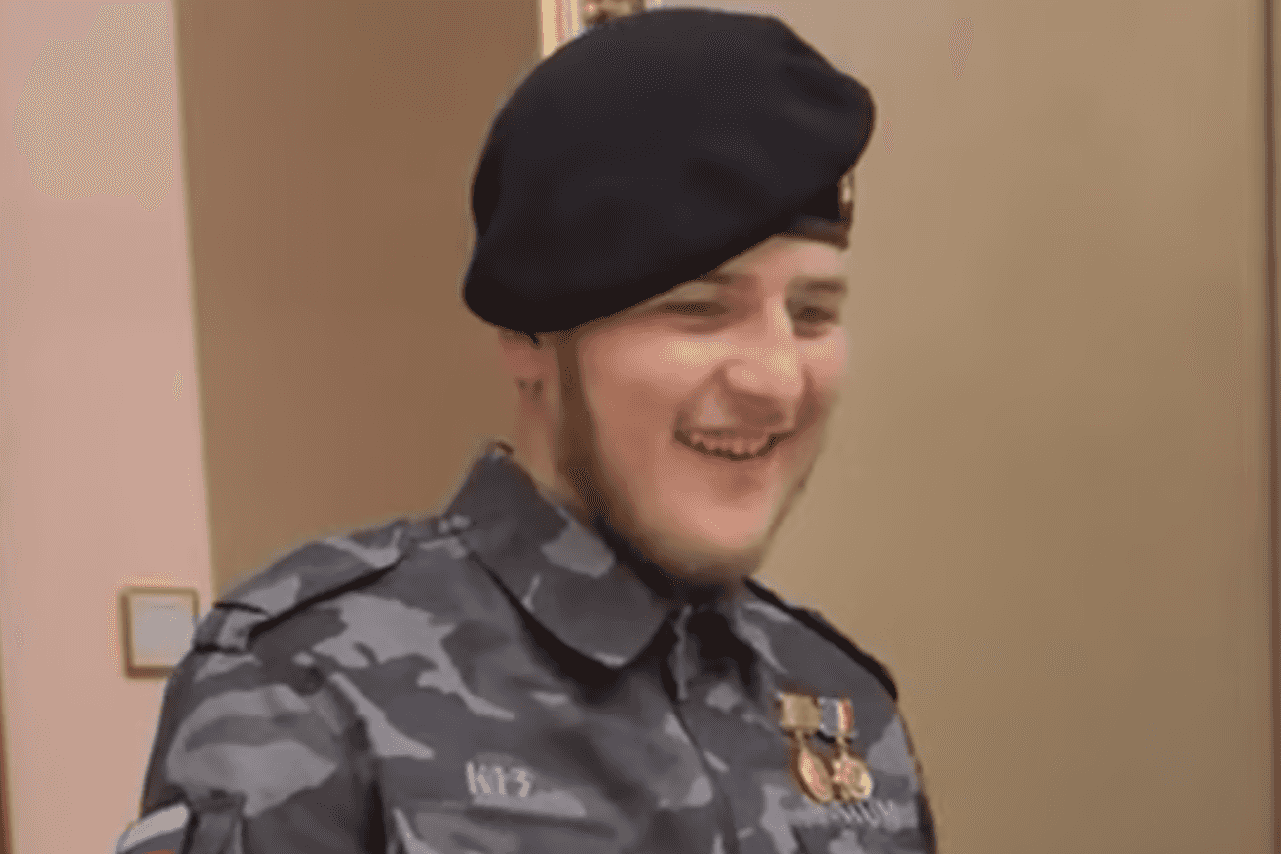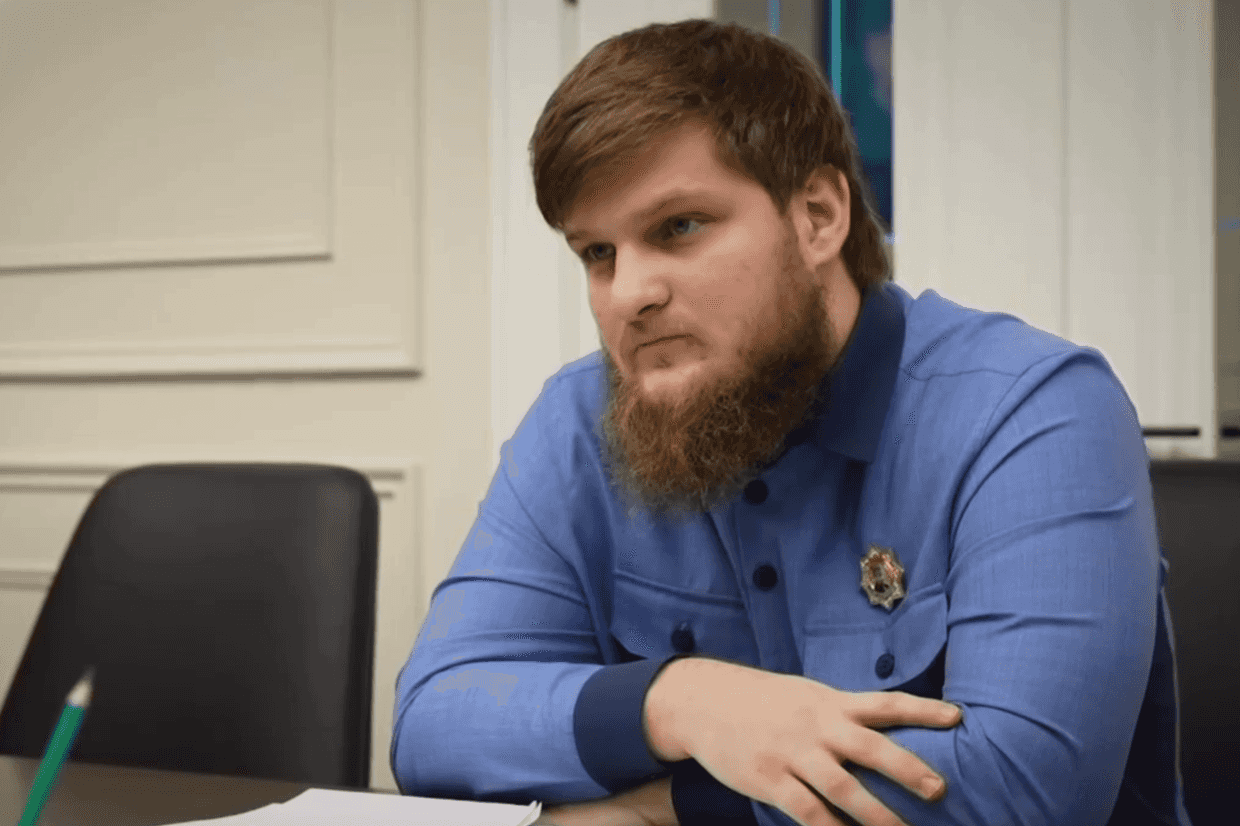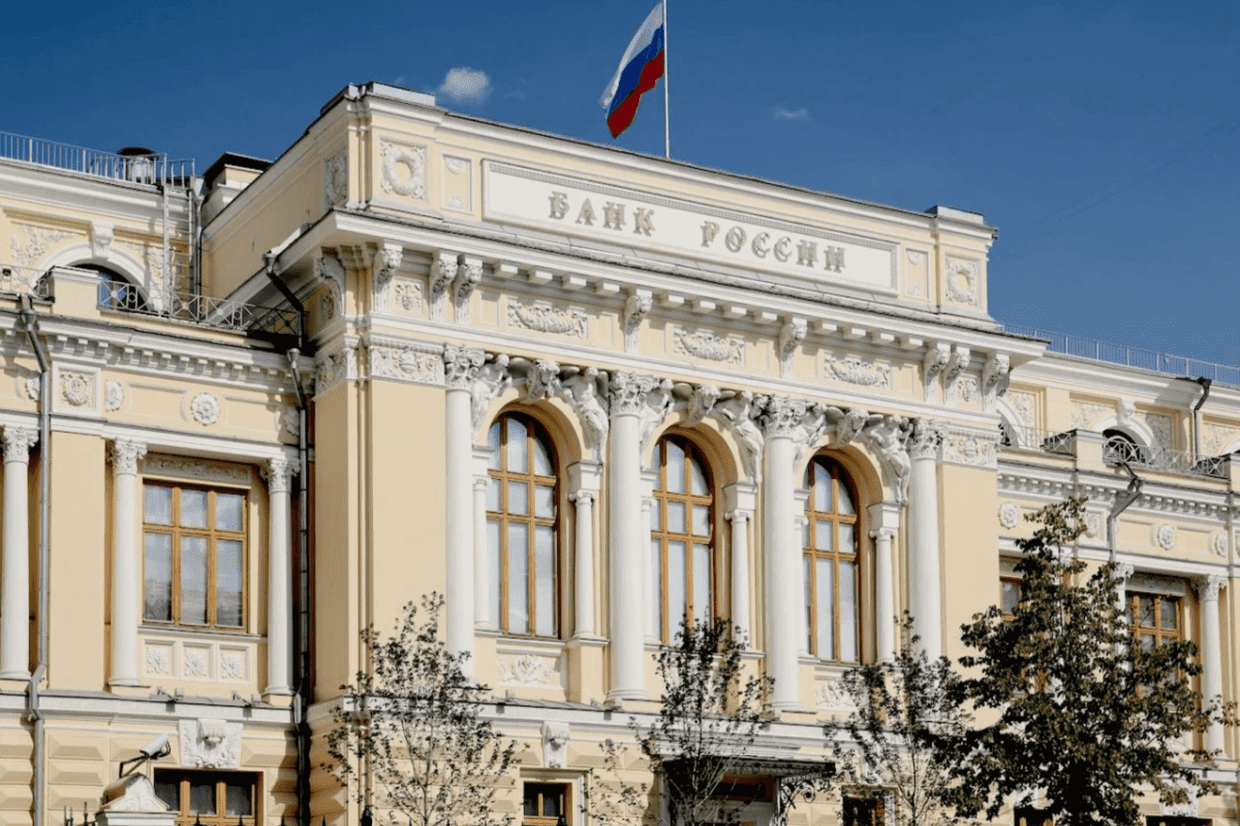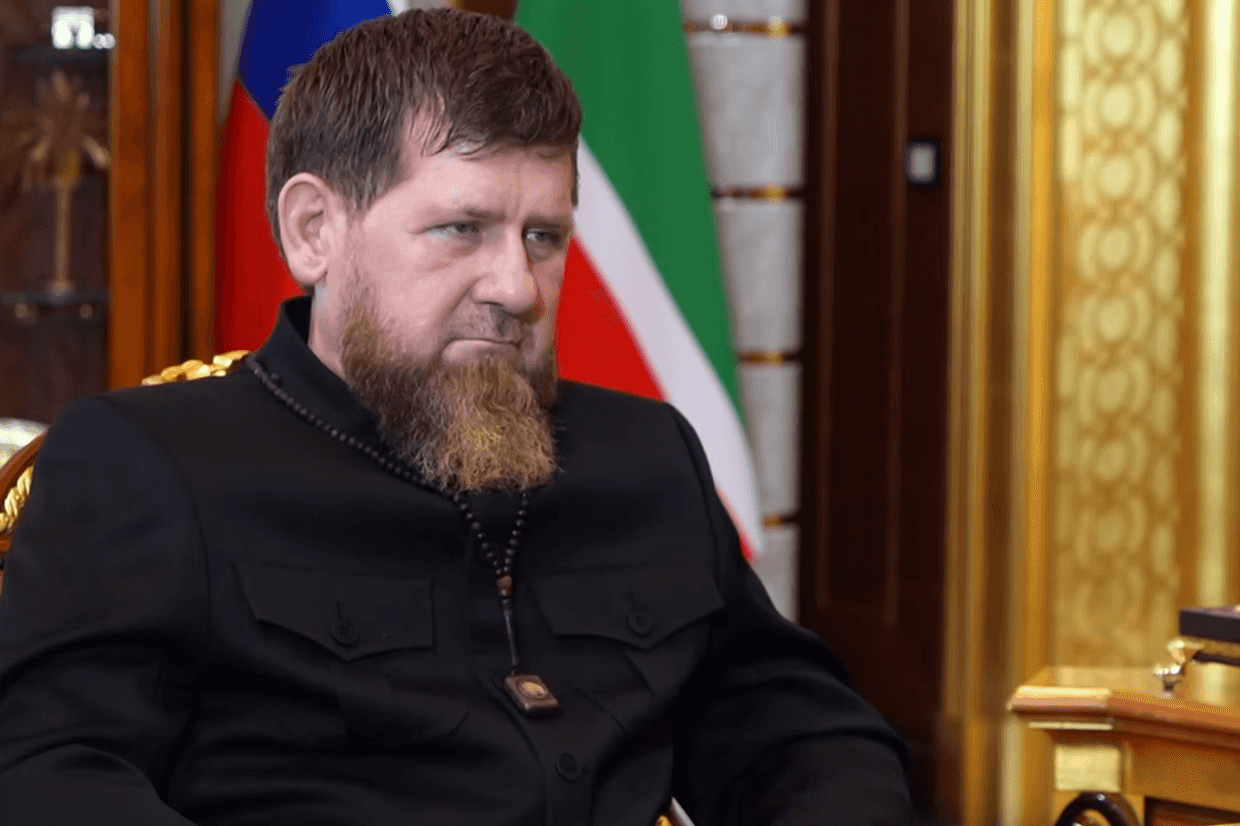Opinion | Ukraine has a duty to remove North Caucasian volunteer fighters from the sanctions list

The North Caucasian volunteer fighters of the Sheikh Mansur battalion risked their lives for Ukraine, but now, without official justification, they are on a sanctions list with uncertain legal status. This must end.
Six months have passed since Ukrainian President Volodymyr Zelensky signed the sanctions list of Ukraine’s Council of National Security and Defence. Unlike previous lists, these sanctions lumped together pro-Russian channels, business owners, international criminals, pro-Russia separatists, and Chechen and Ingush volunteer fighters who have fought for Ukraine since 2014.
For these fighters who fight as part of the Sheikh Mansur volunteer battalion, presence on this list means that all of their assets are frozen and they cannot live a normal life. Worse still, while a June law prevents their deportation to Russia their undefined legal status means that the changing of political winds might mean their deportation to almost certain torture and death in FSB dungeons.
Indeed, we only have to remember what happened in 2019, when, under the administration of Ukrainian President Petro Poroshenko, the Security Service of Ukraine transferred Ingush volunteer fighter Timur Tumgoev to FSB custody. Shortly after arriving in Russia Tumgoev was tortured and then sentenced to 16 years in prison.
These are men who lost loved ones and relatives in the war with Russia and came to Ukraine to protect it. For many, this was a ‘return of debt to Ukraine’, whose citizens, in 1994, volunteered to fight and die for the independence and freedom of the Chechen Republic. They have risked their lives and fought for Ukraine with no expectation of awards, official documents, or money in return.
For them to be treated like this is nothing less than shameful.
According to Muslim Cheberloevsky, the commander of the Sheikh Mansur battalion, at the very beginning of the conflict in eastern Ukraine, he declared zero tolerance towards criminals in his ranks. Fighters who were caught or even suspected of committing criminal acts were expelled from the battalion.
Despite this, Ukrainian law enforcement agencies and some media outlets would luridly describe the details of crimes where Sheikh Mansur fighters had suspected involvement and place particular emphasis on the possible participation of the fighters. Reading such reports, one would get the impression that the individuals responsible for the crime had come fresh from the trenches near Mariupol in full uniform. The fact that they had gotten expelled from the battalion a year or two ago was conveniently left out of the narrative.
In reality, not a single active fighter of the battalion has ever been criminally convicted — despite numerous arrests and accusations from the Ukrainian Ministry of Internal Affairs.
Thankfully, Ukraine has a civil society and patriotic politicians who, to the surprise of Ukrainian authorities, stood up to defend the Chechen volunteers. They raised a colossal outcry in defence of the men of the Sheikh Mansur battalion.
Cheberloevsky also did his part. He gave dozens of interviews a day to various TV channels, newspapers, and YouTube bloggers, where he called on the authorities to act with prudence, and the people of Ukraine to support those who are fighting for them.
Ukrainian authorities and security services have loudly announced that ‘no one gets into the sanctions list accidentally’, but when asked what the fighters did to deserve this denunciation, Ukrainian National Security and Defense Council Secretary Oleksiy Danilov has never been able to answer.
We also found out quite recently that such ‘accidents’ actually happen, with Ukrainian authorities announcing that 108 people on the sanctions list had been included by mistake. Instead, in recent months the police had one of the fighters detained — they never told him why. He was only released after exclamations of protest from human rights activists and Ukraine’s human rights defender.
There is only one solution to this injustice.
The Ukrainian government can give citizenship or residence permits to those who are fighting for it and who today have no other homeland than Ukraine. It is the least it owes those who took up arms and risked everything to defend the country. This is the only guarantee that volunteers will not someday be surrendered to the clutches of the FSB, and allow them to continue serving Ukraine with the salary and social guarantees to which any soldier is entitled.
There is truly no other honourable option.
The opinions expressed in this article are the author’s alone, and do not necessarily reflect the views of OC Media’s editorial board.








